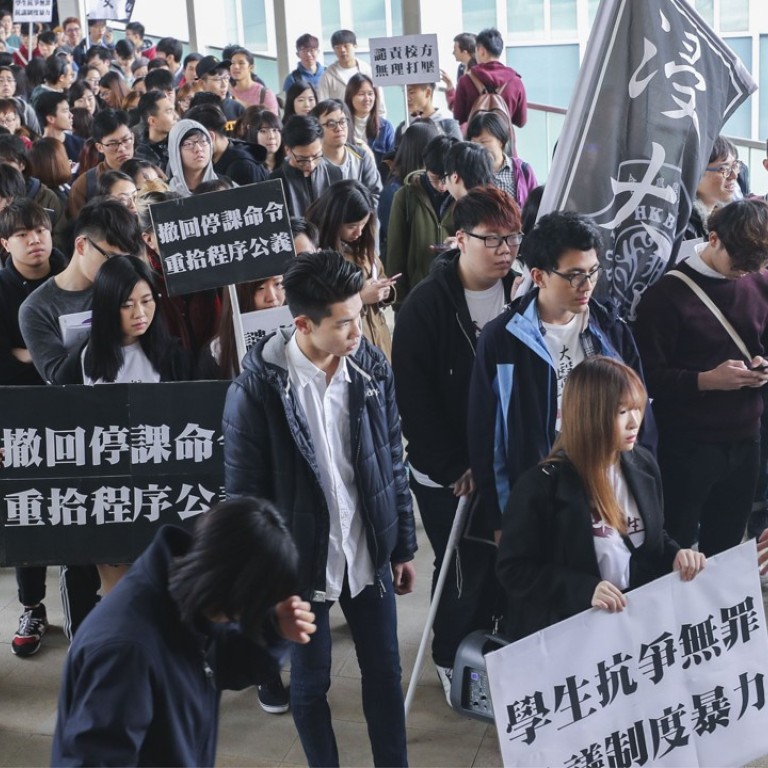
Can all of Hong Kong’s youth problems be solved just by ‘escapist reading’?
Yeung proposes that “rich reading” may mend misguided angry protesters and avert student suicides, byproducts of an absent moral compass. Yet, beyond reforming the “failed education system”, his proposition is ultimately blindsided by reductionism and insensitivity.
Consider Yeung’s use of derogatory terms. From describing the teachings of the Basic Law as “dull” and “meaningless”, assuming Hong Kong teachers “are not readers” and labelling them “an oxymoron”, to calling the current system “pathetic” and “unworthy to be called an education”, Yeung seems to offer a very singular idea of how one should “be” in his subtext, and his opaque remarks are ironically authoritarian.
Asserting that student suicides could be prevented by “escapist reading”, Yeung ignores deeper psychological, societal, and cultural elements. It is extremely insensitive of him to use the recent surge in student suicides to advance his premise of promoting “rich reading”, which he not once defines.
Pre- and post-1997 Hong Kong produced two very different milieus, which entailed an extended and complex metaphysical struggle
We agree with him on the dangers of rote learning, in so far as dysfunctionalities of a system “consumed by academic performance” is concerned, evidenced by how societies with low suicide rates are said to have a status system honouring intrinsic values over achievement. However, Yeung appears to totally disregard formidable underlying mental illnesses, and his contentedness in making Hong Kong’s flawed education system a scapegoat for student suicides is clearly unacceptable.
All generations have struggled with working out their own balance of “exploration-openness and stability-commitment” – as noted psychologist D.J. Levinson put it – in their pre-adult lives, and Yeung seems comfortable attributing this internal struggle to the problems of our education system in isolation.
Thus, to suggest that “reading” is a solution to this multi-faceted problem is rather frivolous.
Pre- and post-1997 Hong Kong produced two very different milieus, which entailed an extended and complex metaphysical struggle. It is never just about compulsory Mandarin exams. When new clashes with old, neither side should dismiss the other’s perspectives too readily.
In these trying times, rather than pointing fingers and oversimplifying disputes among populations of opposing ideologies, one should try to promote dialogue, rather than impart diagnoses.
Wingho Chan, Tsim Sha Tsui, and Kevin Chan, Mid-Levels

